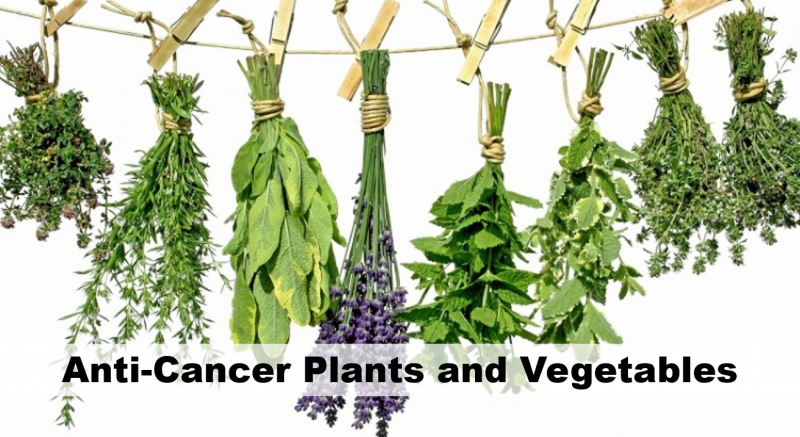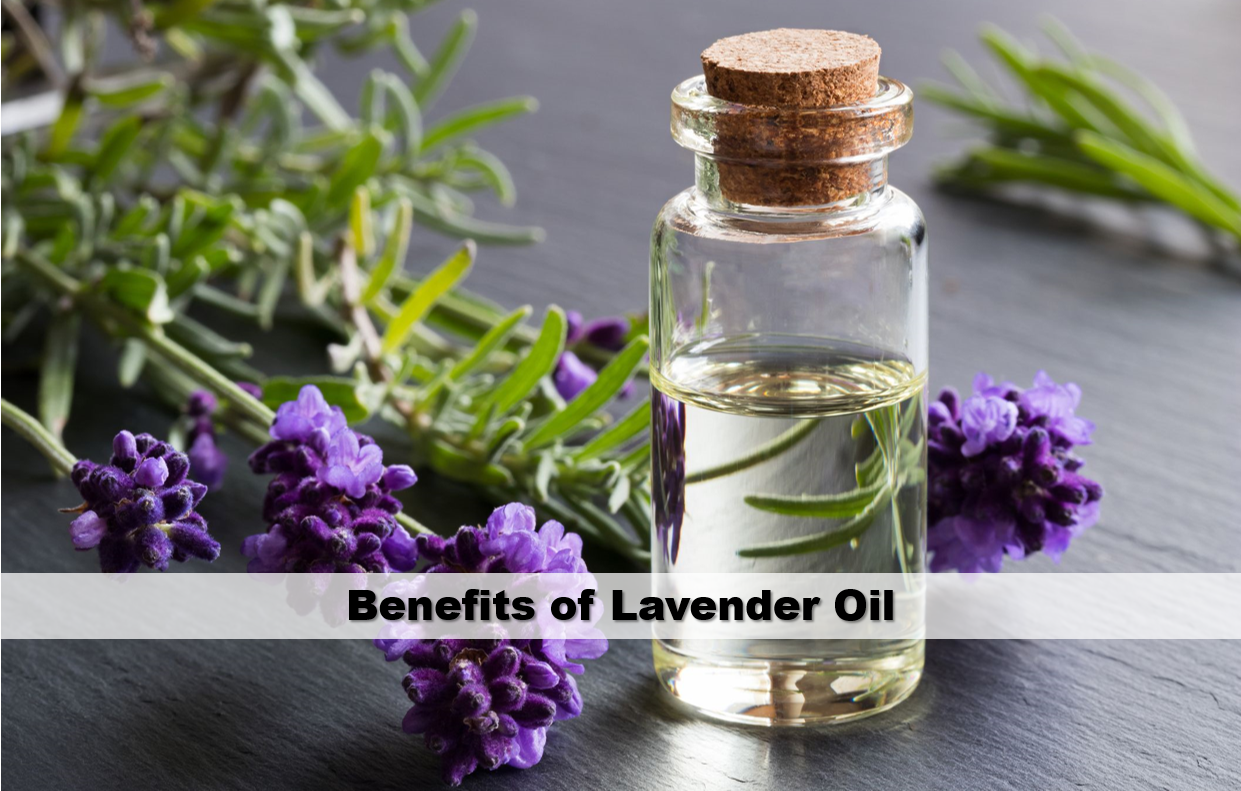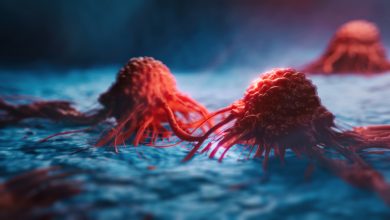Anti-Cancer Plants and Vegetables

Anti-Cancer Plants and Vegetables. Early diagnosis of cancer is essential for its treatment. Nowadays, there is an increase in cancer due to some reasons such as modern life and global competition based on long-lasting, increasing productivity of processed food, easy access to beverages, immobile life, increasing of consumption of alcohol and cigarette, increased depression and stress, fatigue, environmental pollution, and increased chemical residues in foods. The consumption of sugar-added food is increasing all over the world and obesity, diabetes and cancer are becoming epidemic. In addition, people are increasingly immobilized, and the time spent by children is less than the prisoner spent in the garden as a result of technological developments. Experts who are patiently working to find new ways of treatment and medication to prevent and destroy cancer actually agree that plants used to treat all diseases are also effective in cancer. Herbs are not sufficient to fight cancer alone, but in this case, they have an important role in preventing cancer and contributing to treatment. In this article, we will list some herbs used for the treatment of cancer below.
Which Plants Help Prevent Cancer?
Aloe Vera: Aloe Vera, which is a type of a succulent, is a plant that protects the immune system and is effective in the treatment of skin cancer.
Rosemary: Rosemary is known as cancer- fighting, and it is the enemy of the lung, large intestine, skin, breast cancers, and leukemia.
Oxycoccus: It is an effective plant in the fighting of the large intestine, lung, head and neck, breast, prostate, esophagus, and all soft tissue cancers.
Black seed: It is a plant that prevents leukemia, lymph gland, large intestine, liver and breast cancers and protects the body against this virus.
Ginger: It is a plant that kills cancer cells in the lymph nodes as well as lung, large intestine, breast, stomach, liver, pancreas, and ovarian cancers and helps in fighting leukemia.
St. John’s Wort: It is an herb that is effective in the lung, urinary tract, brain, liver, breast, leukemia, cervical, and ovarian cancers.
Stinging Nettle: Stinging nettle, good for prostate cancer, is a plant that men should consume as tea.
Turmeric: It is a plant hostile to cancers of the skin, urinary tract, stomach, large intestine, breast, cervix, and pancreas. It reduces the activity of enzymes that help the cancer cells survive.
Pomegranate: Pomegranate, which is said to be effective in the treatment of head and neck, large intestine, breast, prostate cancers, and leukemia is also among the plants that protect the body against cancer cells.
Plants Against Cancer
Phytotherapy in cancer includes the consumption of selected plants with medical treatment. They are complementary treatment, not alternative. In the prevention of cancer, plants are very useful and are at the forefront of protection stage where there is no chance of medical treatment. People can reduce the risk of cancer, and prevent cancer development by paying attention to their diet. Therefore, several plants have a protective role in many cancers.
Breast cancer: Natural components such as chlorogenic acid in plums and peaches prevent the proliferation of breast cancer cells. It is useful to make fresh or unsweetened jams and to consume dried ones in other seasons. Consuming a handful of walnuts per day is beneficial in protecting breast cancer. In addition, consuming 4 or more servings of raw or lightly cooked cabbage a week reduces the risk of breast cancer by 74%.
Pancreatic cancer: One of the most lethal cancers. More than one apple per day should be consumed. Foods such as pears, pulses, peaches, apricots, and plums should be taken frequently. 1-2 tomatoes per day or a ¼ cup of tomato juice or 1 tablespoon of natural tomato paste should be consumed. Lastly, at least five servings of broccoli per month should be consumed.




